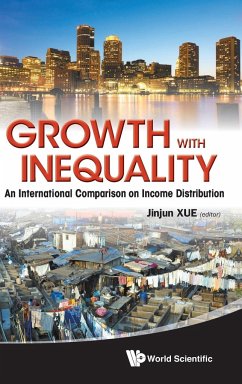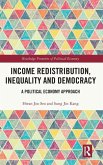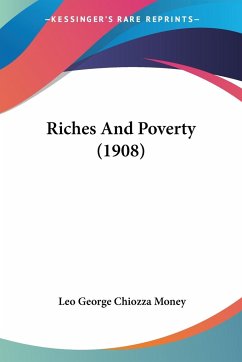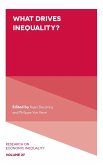In the era of globalization and liberalization, the world is enjoying high growth as well as suffering from the in-effects of unequal distribution of its economic outcomes. The activities of anti-government demonstration in China and Occupy Wall Street reflect that inequality has become an international phenomenon happens both in poor countries with dictatorial authority and rich countries with a democratic regime. Consequently, the inequality issue has become not only a hurdle to the development of one country but also a threat to its social and political stability. The spread of the Jasmine Revolution in some parts of Africa and the Arab Spring is a good example. This book shows the inconsistencies of high growth and increasing inequality with case studies of 11 countries and regions, and OECD members based on original household surveys. It indicates the seriousness of income inequality, explores factors that caused the inequality and analyzes their economic and social consequences. The book raises three key questions: (1) Can high growth shrink inequality gradually? (2) Can government intervention be efficient to equalize income distribution? (3) Is income disparity an engine or an obstacle of high growth?
Hinweis: Dieser Artikel kann nur an eine deutsche Lieferadresse ausgeliefert werden.
Hinweis: Dieser Artikel kann nur an eine deutsche Lieferadresse ausgeliefert werden.








